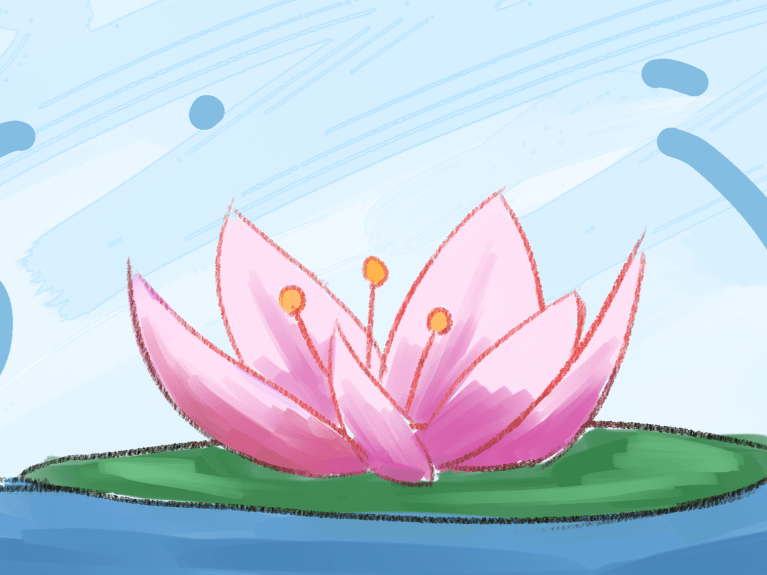Mohr Visiting Poet Arthur Sze shared his work alluding to nature, translation and the human condition at a public reading on Wednesday. The reading, co-sponsored by the creative writing program and the Stanford Humanities Center, was packed with visitors, faculty and students.
“Often the worlds are familiar. But it seems that he’s writing about a dimension within them that we’re discovering for the first time,” said English professor A. Van Jordan in his introduction.
Stanford invites a Mohr Visiting poet to campus each year. In addition to holding a reading, the poet teaches a small undergraduate writing course and hosts a colloquium. This quarter, Sze has students experiment with different forms of poetry in ENGLISH 192V: The Occasions of Poetry, drawing on his own career in composing original and translating foreign poetry. His colloquium will be held May 22.
After Jordan’s introduction, Sze read a number of his poems, particularly those from his 2021 collection, “The Glass Constellation.” Sze has authored ten other books of poetry, including National Book Award winner “Sight Lines” and Pulitzer Prize finalist “Compass Rose.”
“When a black butterfly flits past,/ when you glimpse the outlines of apple trees,/ when you smell the spring of sunrise and walk up to the ditch,” Sze opened, reading from his poem “Anvil.” The natural undertones of the poem take a slight turn when Sze introduces a human pair. “When in our bodies we sway and flood,/ when you bloody your hands,/ when the mind like this Earth is struck and tilts its axis,” Sze read.
Sze said that his poem “The Glass Constellation,” which shares the same name as the collection, is inspired by Indra’s Net, an image and metaphor in Hinduism. It references the concept that every life event is not lined in a particular hierarchy, but rather that everything exists as a piece of hanging glass from an immense chandelier of life.
When a light is shined on to this chandelier, each hanging piece of glass reflects the light of the other, creating a network of interconnected experiences. Sze said that this collection also rests on notions of the weighing of a heart against a feather, an ancient Egyptian tradition that determined the dead’s place in the afterlife.
Sze mentioned the impact of translated poetry, particularly the poems of Pablo Neruda, on his work. In addition to his original poetry, Sze has also published a book of Chinese poetry translations, “The Silk Dragon.” During the reading, he recited his English translation of “Bamboo Grove” from the book.
“I sit alone in the secluded bamboo grove/ and play the zither and whistle along./ In the deep forest no one knows,/ the bright moon comes to shine on me,” Sze read. Snaps and “oohs” rippled through the audience.
Sze – who has lived in Santa Fe, New Mexico for the past 50 years – explained how his experience there, coupled with his Chinese immigrant background, has shaped a large part of his poetic career.
“You want to be true to yourself and to your cultural heritage and to your experience of living in America, but you have to find a way to sort of deepen your experience of that place, not just through landscape, but through people, through nature,” Sze said.
Sze said that his community in Santa Fe had allowed him to gain a conversational understanding of Spanish. To better comprehend the rhythms and flows of Spanish poetry in its original language, Sze took Spanish classes at his city outreach center.
Out of all poetry works, however, Sze says his favorites are the untranslatable ones. “One of my favorite texts that many people don’t know is [one that explores] questions about heaven, questioning heaven and the questions of heaven. They’re all cosmological in ‘what is composed of the brightest bright and darkest dark,’” he said.
